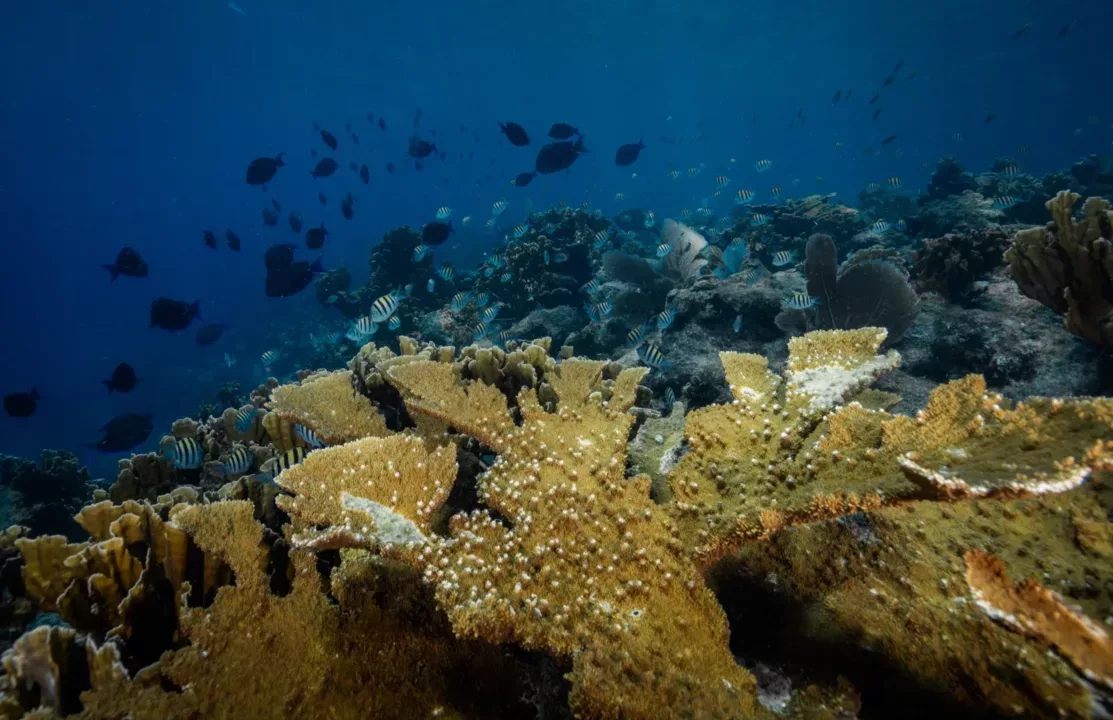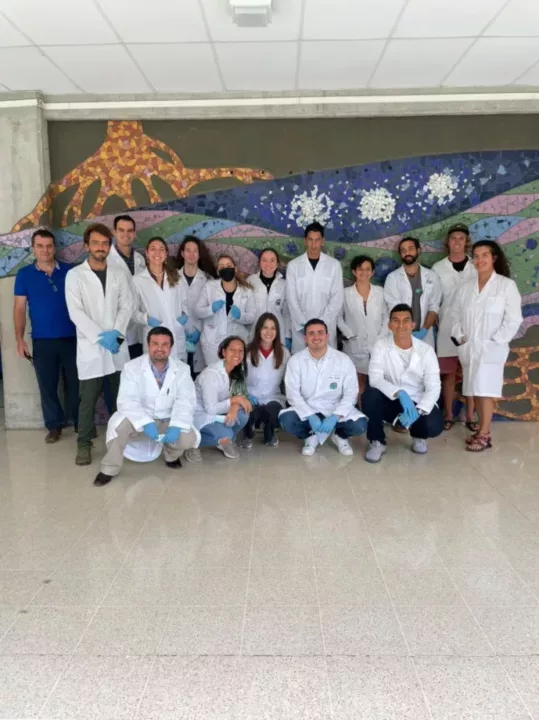A guest article by Tatiana Villalobos Cubero, MSc. Raising Coral Costa Rica
In July 2022, Raising Coral Costa Rica (RCCR) and the Center for Research in Marine Sciences and Limnology (CIMAR) of the University of Costa Rica held a workshop on coral genetics for the conservation and restoration of coral reefs, to create national and regional capacity for the genetic analysis of coral populations and inform science-based decisions for the management of these important ecosystems. Participants included the Costa Rican National Protected Areas System (SINAC), 16 students with four scholarship recipients from Eastern Tropical Pacific countries (Panamá, El Salvador, Ecuador).
The workshop was led by coral genetics expert, Dr. Michael Connelly, a postdoctoral fellow with the Smithsonian Tropical Research Institute in Panamá. Additional speakers included Dr. David Paz- Garcia of Centro de Investigaciones Biológicas del Noroeste, México, and Dr. Ana Palacio-Castro of NOAA/AOML. Heinz Foundation was the official sponsor of this workshop in Costa Rica.
The goals of the workshop were multiple: to help elucidate the rather enigmatic taxonomy of Pocillopora coral species of the eastern tropical Pacific, to inform coral restoration efforts of the eastern tropical Pacific, and to train students and researchers in coral conservation with cutting-edge genetic techniques. Pocillopora corals are one of the main habitat and reef builders of the eastern tropical Pacific, and their conservation and restoration depend on understanding the species and genetic diversity within the genus, and their distribution patterns.
If restoration projects in Costa Rica already use methods like clone propagation, this workshop and its outcomes provide a much more definitive understanding of the species and genetic diversity within and across those projects. The results will also inform future efforts to incorporate sexual reproduction in Pocillopora conservation efforts.
Coral genetics research in Central America has been limited, and this workshop will enable more Central American professors and students to conduct coral genetics research within their home institutions, without the often-prohibitive cost and bureaucracy to send samples abroad for analysis. Overall, this coral genetics workshop was an important step toward ensuring safe practices in coral reef restoration and magnified the opportunities for research in coral resilience to environmental change.






